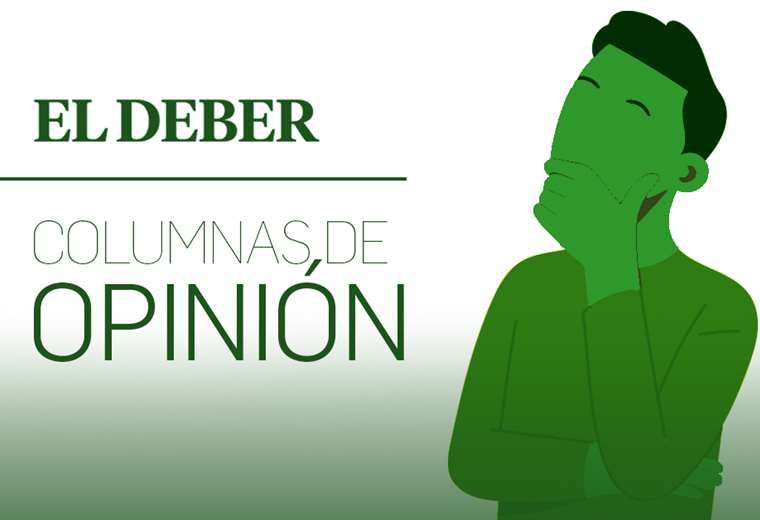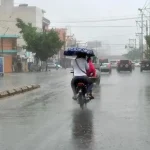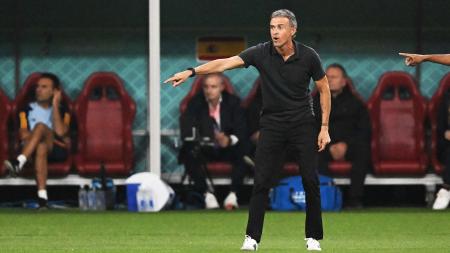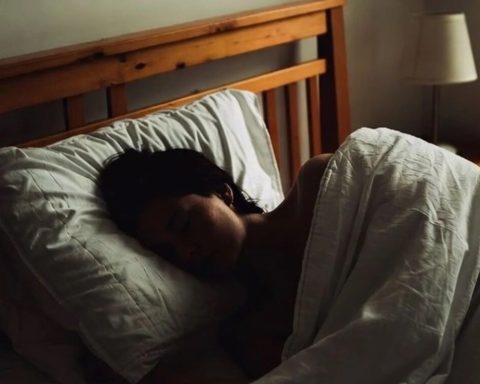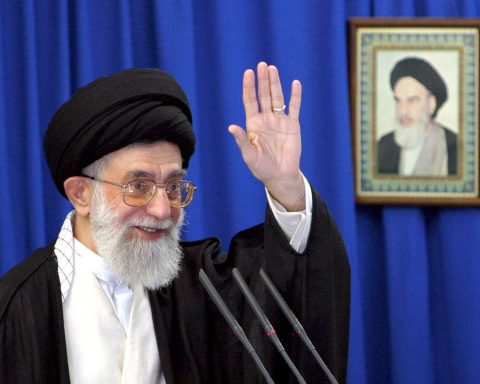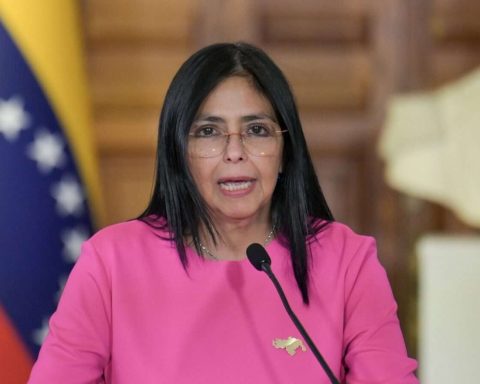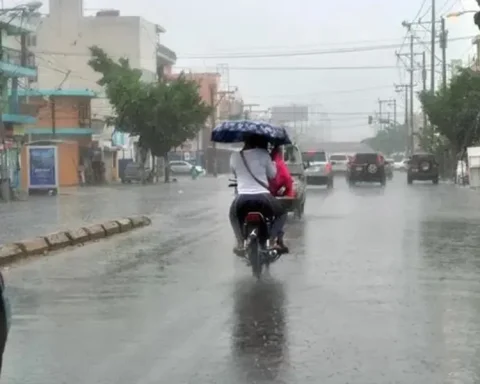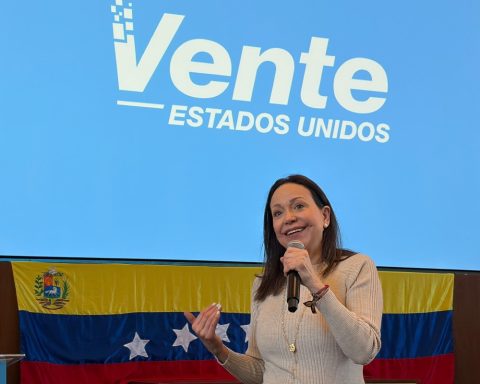December 5, 2022, 5:00 AM
December 5, 2022, 5:00 AM
Utama, an excellent and current Bolivian film, began to have a rather distinguished and valued reputation at various film festivals, which in my opinion is not only due to the successful and creative production of a filmic poetry, but also due to the handling of a very relevant theme regarding climate change and its consequences, such as the drought in the film.
This film has to be considered by the Bolivian viewer as a call to inexcusable national reflection, it has to serve as a mirror, not only to feed the ego, due to the fact that one of our products is being well received abroad, but also help us to observe those small details that, in the background of the story of two old men, help us to understand how a family drama reflects a collective problem. This film is a valuable cultural product to promote a change of perspective.
The sociocultural reality in our country is inherently complex, understanding it through sociological, statistical and psychological analysis requires a considerable amount of time and academic and informational resources, however, art often helps us to simplify the complexity of a reality through of its representative expressiveness, in this particular case, through cinema.
Well, Utama is that artistic product that allows us to observe reality far from the cities, allows us to see an “other generation”, facilitates the vision of the suffering of those loners who only seek to survive in the face of environmental limitations, in the face of a political silence that does not guarantees them a supply of water for their crops or for their starving camelid cattle.
Searching for chronological coherence with our present through the film, we can ask ourselves: could it be that the presidential candidates, who had guaranteed urban support, were able to reach those wild locations far from the country to promote their projects and obtain their support? Could it be that the women of these communities have access to efficient justice when they are victims of mistreatment living in families with patriarchal vestiges? Could it be that migration from rural areas to cities becomes a problem derived from government mismanagement expressed in environmental catastrophes? What impact does the economy of these families have on GDP? Or are they just looking to survive? Will geographic and environmental issues be a determinant for prosperity? How many of the people who beg for alms in the cities will have left what little they had to try their luck in the cities just so as not to perish? How safe is our water supply in our country? These questions and many more are those that can be formulated through a deep and thoughtful observation of the film.
Utama achieved an essential task with his realism, he manages to exhibit the other Bolivia, the remote and precarious rural Bolivia, whose reality still has pending problems and needs to be resolved, a reality that is different to observe than to interpret it through statistics.
This contemporary film provides us with a timely visual and circumstantial narrative, it is a tool that helps us to be more aware of the current national problems (migration, water crisis, poverty, health coverage, among others) that reflects in its background an outline of the economic, environmental, cultural and social reality that we do not know very well as city dwellers, but that urgently needs to be addressed.
It is not only a mirror to see ourselves, it is also a call to continue wandering and exploring the long path of “Bolivian self-knowledge”, an element that we need to deepen and build, now more than ever.
